
Sanskrit has a vast repository of texts in various knowledge disciplines. The main goal of this project is to develop a computational platform that will facilitate access to this knowledge with some manual effort.
The Department of Sanskrit Studies, as a Consortium leader, developed several Sanskrit computational tools during 2009-13, with funding from the MeitY under its TDIL programme. The Department continued the research further to enhance the quality of the tools so developed. During the last decade, the department successfully improved the quality of these tools and developed a full-fledged Dependency parser for Sanskrit that analyses both prose and verses.
We plan to extend the capabilities of the current computational platform to carry out discourse analysis and by developing a Question Answering system. The specific technology and knowledge base related fall-outs are as follows:
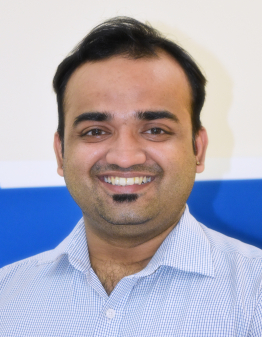
Assistant Professor - Senior Scale, Department of Liberal Arts, Humanities and Social Sciences (DLHS) and Assistant Director, Department of Student Affairs (DSA); Co-Principal Investigator, Sanskrit Knowledge Accessor, MeitY funded project
Qualification: MA, PhD
Arjuna is an Assistant Professor - Senior Scale at the Department of Liberal Arts, Humanities and Social Sciences, and Assistant Director, Department of Student Affairs (DSA), Manipal Academy of Higher Education (MAHE), Bengaluru, India. He completed his PhD (2017) in Navya-Nyaya and Sanskrit Computational Linguistics under the guidance of Prof Dr Amba Kulkarni from the Department of Sanskrit Studies, University of Hyderabad (UoH). He pursued a part of his PhD with Prof Dr Gérard Huet at INRIA, Paris, France, with the Raman Charpak Fellowship (2014). He holds two Masters' in Navya-Nyaya and Sanskrit. He was awarded with the Erasmus+ Teaching Mobility Fellowship (2018) at the Metropolitan University Prague, Czechia and holds a couple of publications (journal articles and book chapters) to his credit. He is the General Secretary of Samsaadhanii Welfare Association (SWA). Arjuna's research areas are Sanskrit Computational Linguistics, Indian Philosophy, Indian Epics, and the Sanskrit language. He is interested in Indian and Western Logic, Language Pedagogy, NLP and Translation Studies.
arjuna.sr@manipal.edu
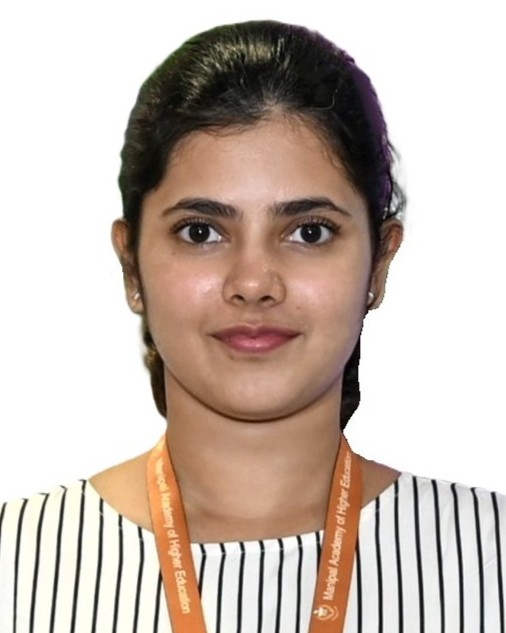
Programmer
Qualification: B.Tech in Artificial Intelligence and Data Science
Amritha is a dedicated Machine Learning enthusiast with a robust foundation in programming and problem-solving. Focused on NLP, Computer Vision, and Generative AI (GenAI), Amritha is also expanding into web development. Her projects demonstrate expertise in NLP technologies like sentiment analysis, neural machine translation, and machine learning models such as CNNs, RNNs, LSTMs, and deep neural networks. Amritha has also delved into GenAI technologies, leveraging tools like GPT and other transformer-based models to create innovative solutions. Driven by a commitment to ethical AI development, her goal is to ensure that AI solutions are impactful, accessible, and beneficial for all.
amrithapradeep2001@gmail.com
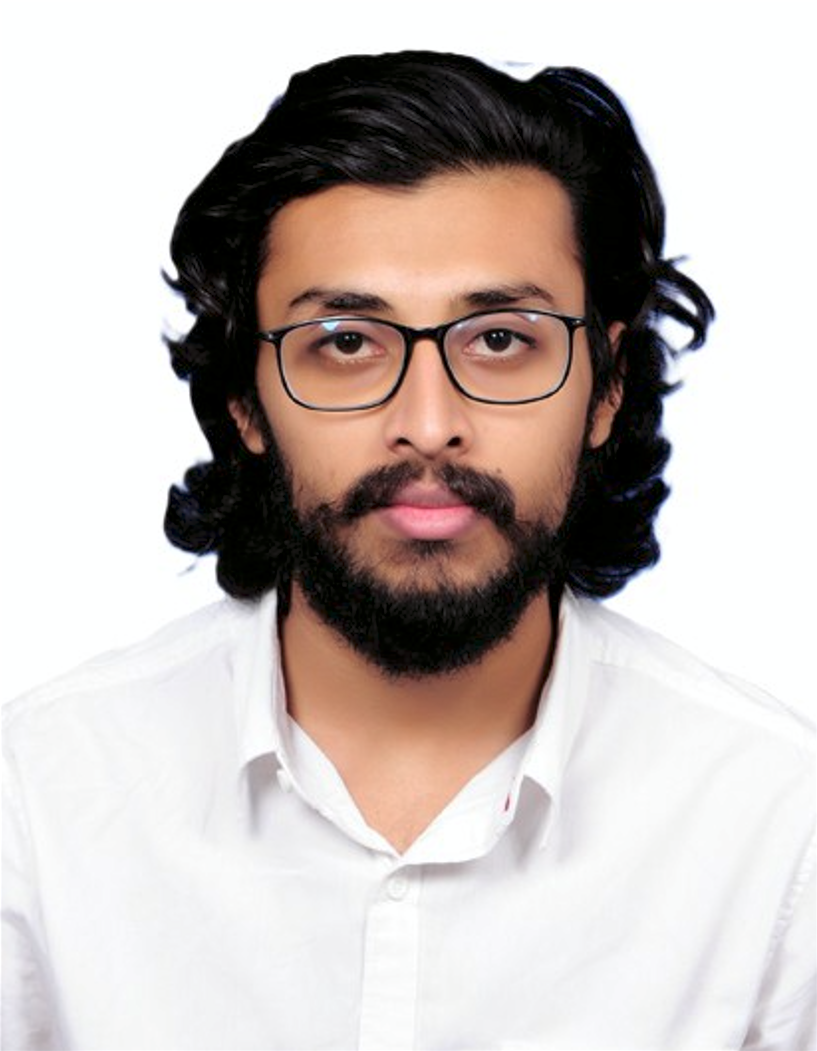
Senior Language Editor
Qualification: M.A. in Sanskrit (Vyakaran)
Deep is a Sanskrit scholar with a Master’s degree in Sanskrit Vyākaraṇa from SSSU, Gujarat. His primary academic focus lies in examining how traditional Śāstric knowledge systems can engage with modern computational methods, especially in areas related to language structure, logic, and model-building. He actively explores Indian philosophical thought to understand how its analytical frameworks can contribute to contemporary discussions in technology and linguistics. Beyond his scholastic interests, Deep maintains a strong engagement with Indian classical music, particularly its instrumental traditions, which inform his broader understanding of India’s intellectual and artistic heritage.
deeppopaliya@gmail.com
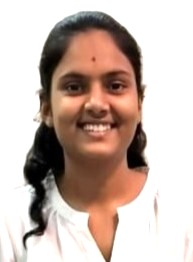
Senior Language Editor
Qualification: M.A. in VYakarna Shastra
Samruddhi Badavane holds a Bachelor of Arts in Sanskrit and a Master of Arts in Vyākaraṇa Śāstra from Karnataka Sanskrit University, Bengaluru. Her dissertation focuses on the analysis of the kṛu dhātu in the Bhagavad Gītā, reflecting her deep engagement with Sanskrit grammar. She has a strong academic interest in Siddhānta Kaumudī and continues to explore its rich grammatical insights. Alongside her studies, Samruddhi is an accomplished badminton player, having participated in national tournaments, won multiple state-level tournaments, and secured victories in several open badminton competitions. She combines academic dedication with athletic excellence in all her pursuits.
shivanisamruddhi@gmail.com
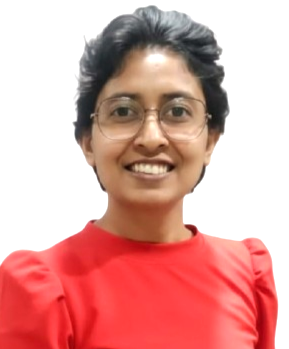
Post Doctoral Fellow
Qualification: Pursuing PhD and Diploma in Sanskrit Computational Linguistics
Soorya A P is a Sanskrit scholar who recently submitted her PhD thesis in Sanskrit Vyākaraṇa and is pursuing a diploma in Sanskrit Computational Linguistics. Her research spans Vyākaraṇa, computational linguistics, manuscriptology, and intellectual history. She has presented papers at nine national and international conferences, delivered six Vākyārtha presentations, and published three articles in UGC-CARE listed journals. A winner of the Śālākā examination with the title Śāstrabodhinī, she stood first in her MA Sanskrit Vyākaraṇa and received the Paṇḍitaratnam Kalakkath Govindan Nambiar Endowment for Best Student in 2021. She previously worked as a Research Assistant on the NLTM project at Karnataka Sanskrit University and now holds a postdoctoral position in the same project, aiming to advance both the field and her own academic growth.
achusoorya1@gmail.com
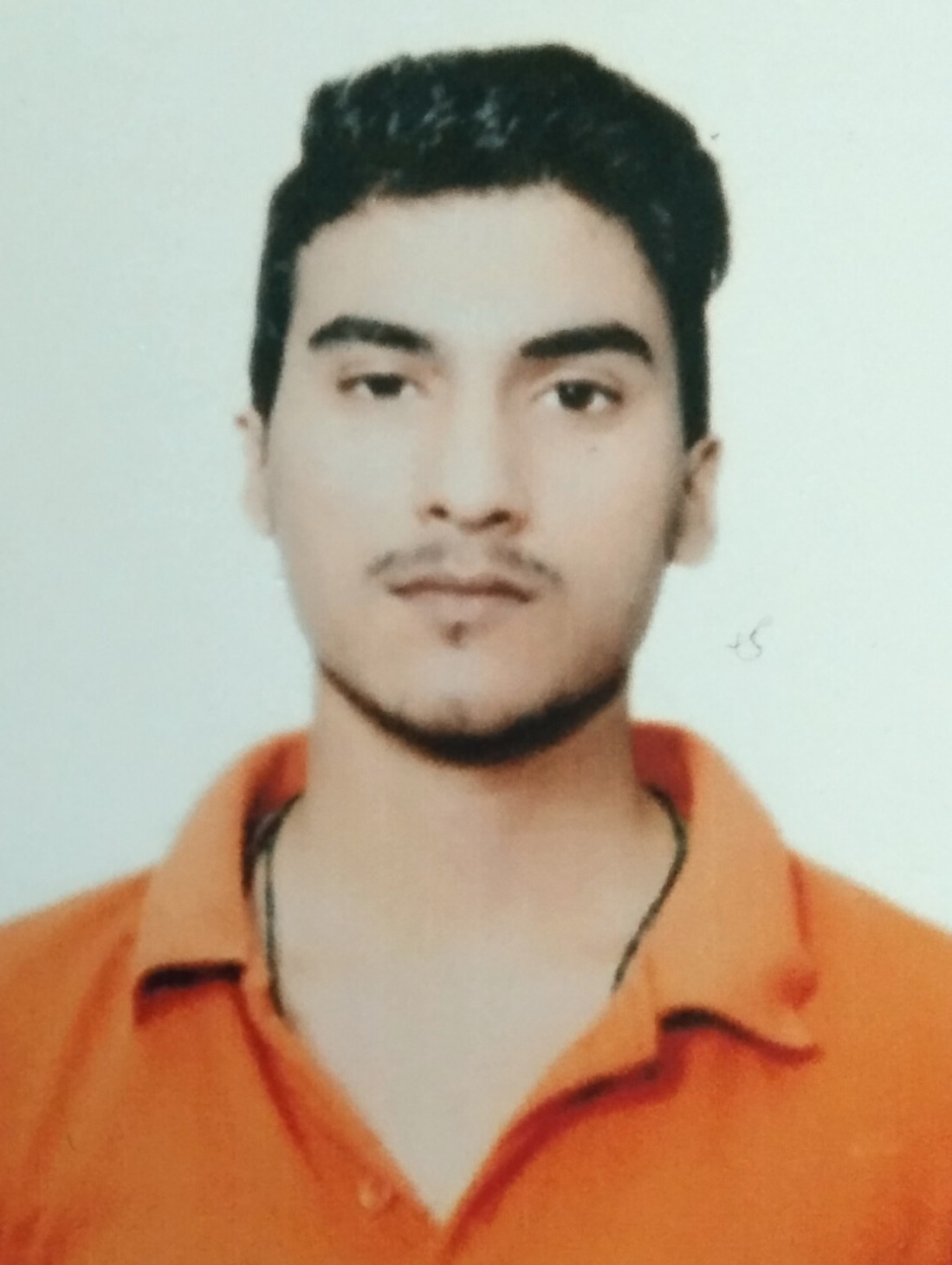
Senior Language Editor
Qualification: Acharya (Vyakaranam)
Akash is a Sanskrit scholar with a passion for combining traditional studies with modern technology, particularly through computational linguistics. Akash explores applications of computational methods to Sanskrit, bringing a fresh perspective to classical language analysis. A devoted reader of Sānkhya and Vedāntic philosophy, Akash draws on these insights to deepen his understanding of language and cognition. Their technical skills in programming and web development enable them to bridge the worlds of ancient wisdom and modern technology, making them a unique asset in advancing digital tools for Sanskrit scholarship. They have now stepped away from this project to pursue his PhD at Central Sanskrit University.
textvyom@gmail.com
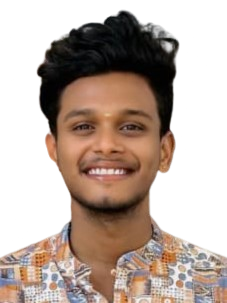
Senior Language Editor
Qualification: Post Graduate in Adwaitha Vedānta
Akhil is a Sanskrit Scholar who began learning Sanskrit in childhood, studying texts like the Bhagavad Gītā, Nārāyaṇīyam, Mahābhārata, and Rāmāyaṇa, and completed the Saṃskṛta Bhārati Prathama Śikṣā course. After the tenth standard, they specialized in Sanskrit, completing Prāk Śāstrī at Central Government College, Puranattukara, with a focus on Sāhityashāstra, and then earning Śāstrī and Ācārya degrees in Vedānta from the National Sanskrit University, Tirupati, along with certified study in Mīmāṃsā Śāstra. During their studies they participated in Vākyārtha discussions, won first prize in Sanskrit dramas for three years, and received the titles of Best Student and Dynamic Gold Medalist in their Śāstrī program.
akhilmkousthubham@gmail.com
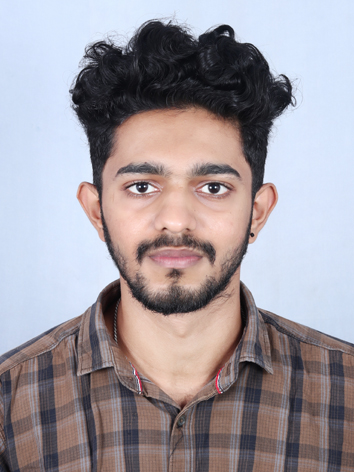
Senior Language Editor
Qualification: Post Graduate In Sanskrit with Specialization In Sanskrit Grammar.
Saraswath K is a dedicated scholar with over seven years of experience in the field of Sanskrit, specializing in Vyakarana. They have performed multiple Vakyarthas of the Ashtadyayi Sutras and studied Krishnayajurvedam-Kramnatham. With a strong interest in Vedic grammar, Saraswath K also engages in areas including linguistics, computational linguistics, and Vedic studies. They possess substantial teaching experience in Sanskrit, Vedic literature, and traditional Vedapatham, fostering a deeper understanding of these ancient texts and their significance. They have moved on from this project to pursue their PhD at Karnataka Sanskrit University.
saraswathmuktheshwar@gmail.com
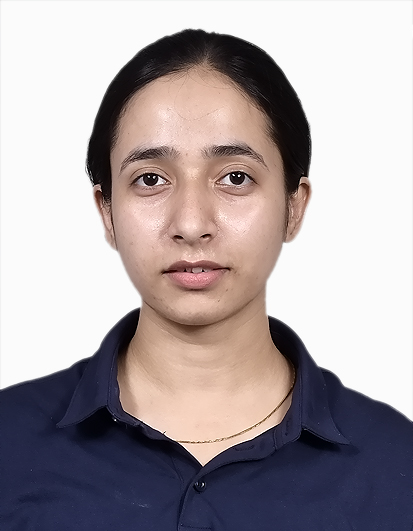
Post Doctoral Fellow
Qualification: Masters and pursuing PhD
Pooja is a PhD Scholar in the Department of Philosophy, Delhi University. Her primary research area covers Indian and Western Philosophies, Sanskrit Studies, Ethics, Linguistics Philosophy and Theology. Her future project envisions an active participation in promoting cross- cultural philosophical dialogues and developing an alternative methodology of doing comparative philosophy with Indian thought systems at the locus. She has authored three research papers and presented various papers in seminars and conferences. She also has qualified Net from IKS and JRF from Philosophy. Her other skills include Morse Code. They have since left the project to continue their PhD studies at Delhi University.
pooja1999tripathi1998@gmail.com